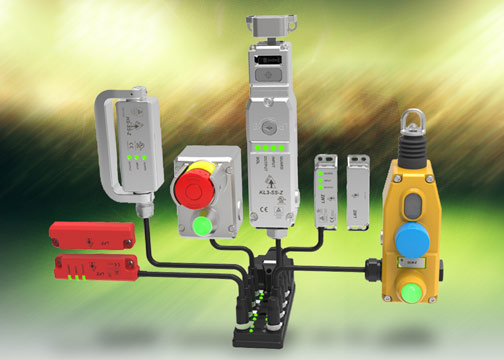Hybrid cloud has become the leading approach for enterprise cloud strategies due to its flexibility, but it also brings complexity and concerns about integration, security, and skills. To address these concerns, the industry is adopting container runtime environments to abstract away infrastructure. Red Hat OpenShift Container Platform (RH OCP) has emerged as a top solution for supporting the application development lifecycle and managing container images and workloads. RH OCP provides a common environment for deploying and managing workloads across different infrastructures in a hybrid cloud.
As hybrid cloud forces a rethinking of data security, the industry is moving towards zero trust-based architectures and confidential computing. Confidential computing is a new capability that protects data-in-use using hardware-based security-rich enclaves. It ensures that workloads and data hosted on untrusted infrastructure cannot be read or modified by privileged users. Confidential computing provides technical assurance that data cannot be accessed, as opposed to operational assurance which only promises not to access the data.
IBM and RedHat recognize the need for technical assurance in a hybrid cloud platform and are working together to make confidential container technology available. Confidential containers isolate containers not only from infrastructure administrators but also from Kubernetes administrators, providing a secure environment for deploying data and workloads. IBM is also adding zero trust principles to increase security and ease of use with the IBM Hyper Protect Platform.
Confidential containers play a crucial role in securing data and promoting innovation across industries. In the healthcare industry, confidential containers protect sensitive patient data, enabling digital health records and collaborative research initiatives. In the financial services industry, confidential containers ensure the security of financial data and transactions, protecting against fraud and ensuring regulatory compliance. Confidential compute also enhances digital rights management and intellectual property protection by securing tokenization processes, preventing unauthorized access and manipulation of sensitive information.
Implementing security-rich token platforms through confidential compute delivers tangible benefits, such as protecting intellectual property and reducing the risk of revenue loss due to piracy or counterfeiting. Confidential compute also enhances data security and enables data privacy and sovereignty in sovereign cloud environments. It addresses national security and data sovereignty concerns by providing a secure environment for data storage and processing.
Overall, confidential compute is revolutionizing data security and enabling the secure deployment of workloads and data in hybrid cloud environments. It provides technical assurance and promotes innovation in various industries, from healthcare to finance to digital rights management.
Source link






















